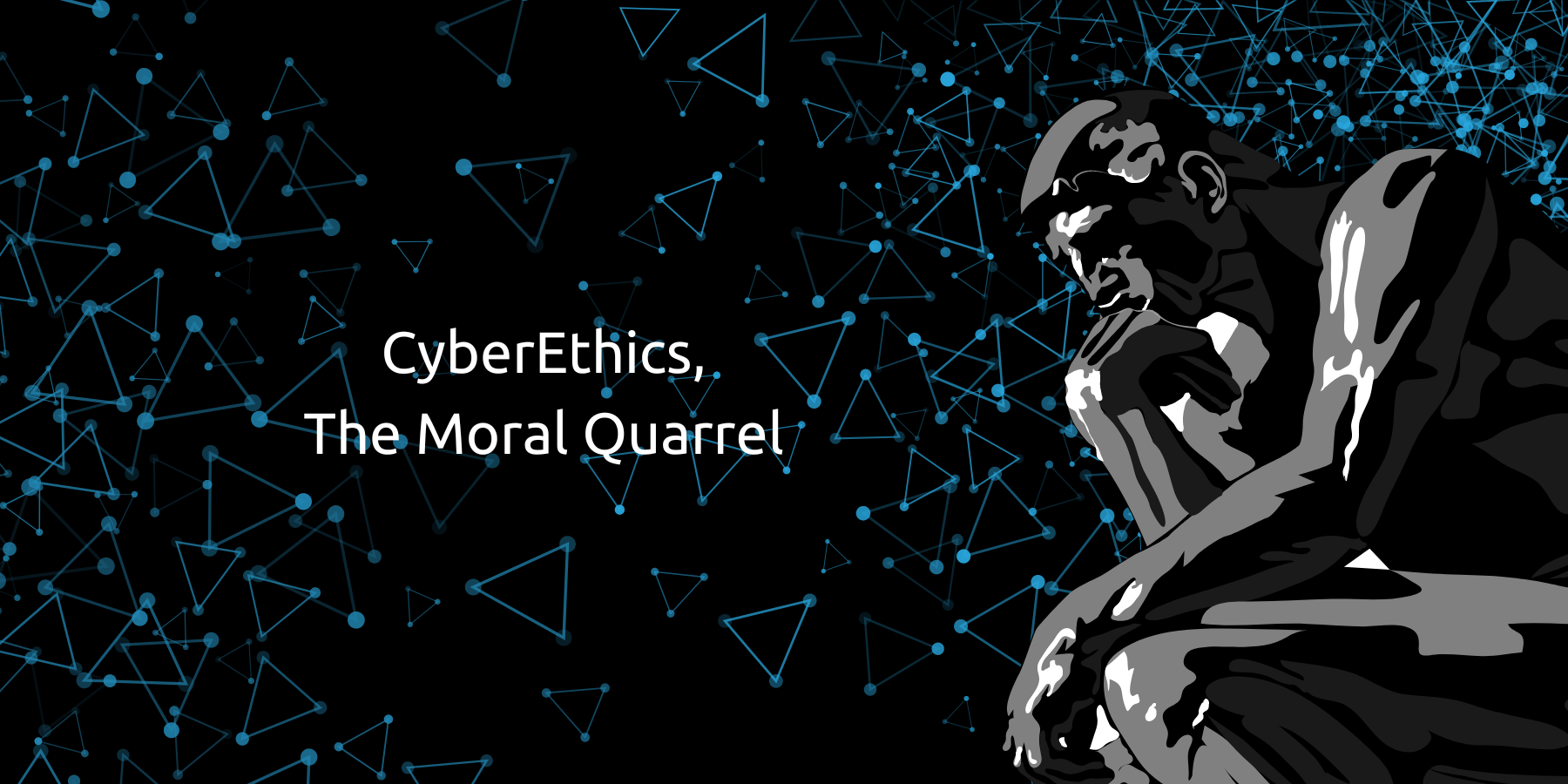
How do we balance secrecy and transparency in the cyber world, while upholding
ethical standards as new technologies arise?
Clear and selective communication has been important throughout human history, often taking place in the form of codes to decipher if secrecy is necessary. These codes transmit across the world through an intricate network of communication today, but the network is vulnerable to attack. Hackers can not only disrupt communications, but infrastructures, causing damage to entire countries in what could be deemed cyberwarfare. New technologies are meant to add to the greater good in the world. But, when malicious intent is involved, how do we protect and defend these infrastructures in an ethical way? How do we move into the future of cybersecurity in a way that protects our infrastructure and creates the most good in the world?
Cyber warfare poses some of the biggest threats nations face. Although countries continue to develop a wide variety of cyber security defenses, the dangers and attacks relating to cybersecurity continue to evolve. It is important that countries continue to advance their defense to prevent attacks, mitigate damage, and protect citizens, businesses, and infrastructure while making ethically justified decisions.
In this six lesson unit, spanning 30 days, students will explore: cryptology, network communication, how bad actors exploit network vulnerabilities, and cyber ethics.
Over the course of the unit, students learn about the values and challenges that new technologies bring to our society. They also learn about the necessary security and protection of information that comes with it. What might the future of cybersecurity look like? What should or should not be permitted as cybersecurity advances? For the final project, students will be challenged within three areas of cybersecurity and will hold a Structured Academic Controversy discussion from an assigned stakeholder position.
Topics will include:
- Privacy/Security: “Should platforms like Facebook, Twitter, or Google+ treat teens differently than other users?”
- Cyberwarfare: “Should ethical hackers be encouraged to create programs to monitor communications applications, such as Twitter, to actively prevent terrorist threats?”
- Artificial Intelligence: “Should AI be utilized to replace human workers in assembly line jobs?”
This unit contains 6 lessons and spans 30 days.
We recommend starting with the *Unit Overview* to explore the unit lesson by lesson.
|
|

.png)
